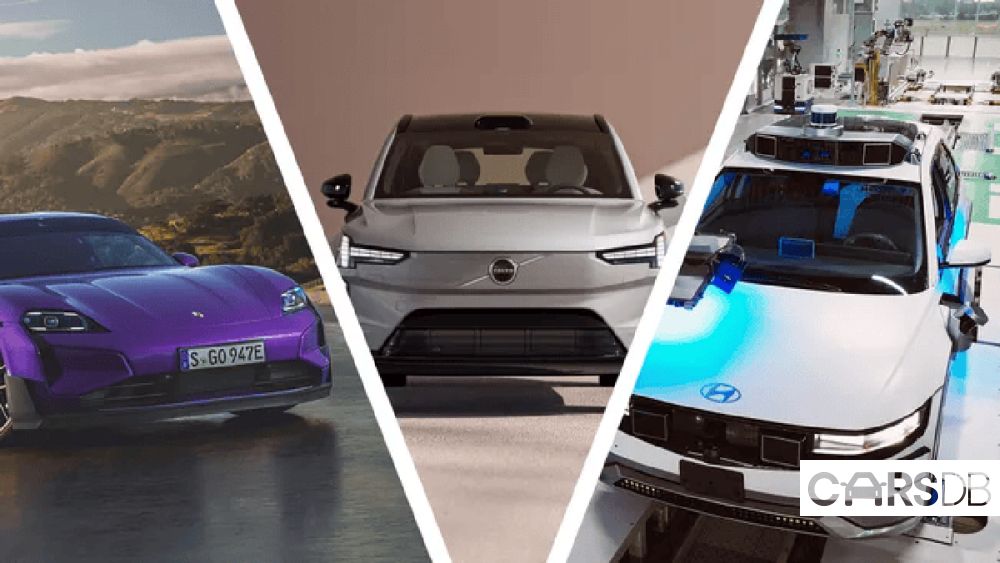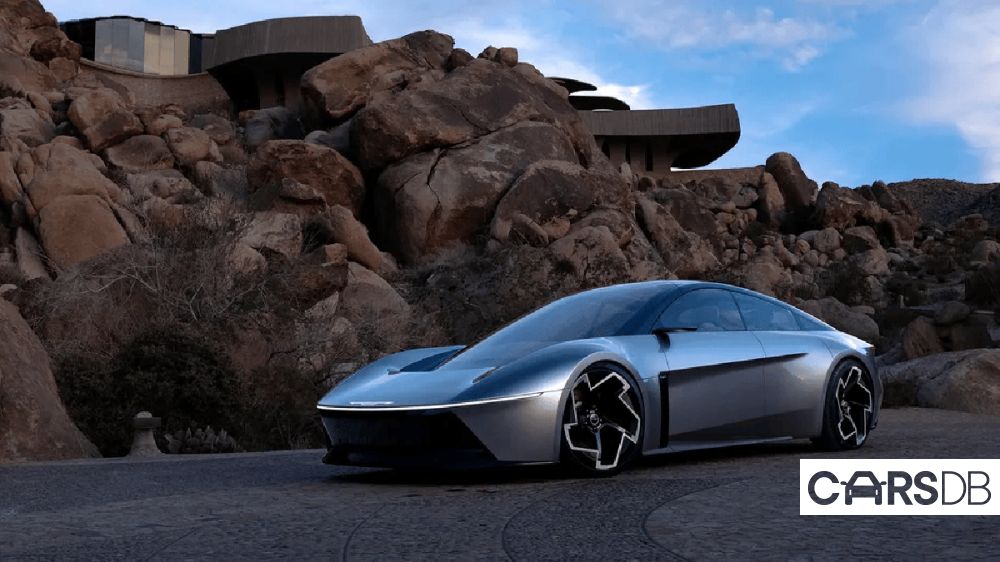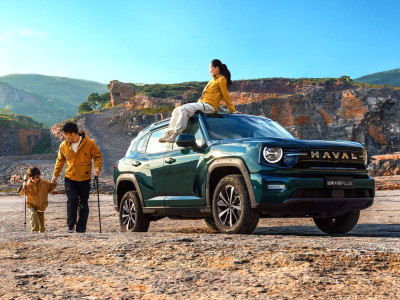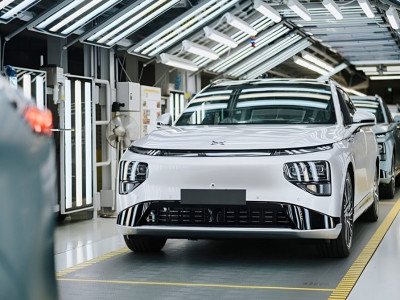- Home
- Car News
- Car giants are pulling a U-turn on their EV plans – here's how Ford, Hyundai, Volvo and more are changing course
Car giants are pulling a U-turn on their EV plans – here's how Ford, Hyundai, Volvo and more are changing course
- 167 views

It's easy to lose count of the number of times a global car giant has waxed lyrical about its plans to strip its line-up of the combustion engine.
Nissan’s president and CEO, Makoto Uchida, said his company would only sell EVs in Europe by 2030 at the launch of its fittingly-titled Concept 20-30 model last year, while Kia said it planned to sell 1.6 million pure-electric vehicles by that date.
I personally attended both of the aforementioned launch events and numerous chats I’ve had with high-ranking executives over the past few years have all seemingly led to the conclusion that the days are numbered for the diesel and petrol engine.
But what a difference a year makes. Not only have some of the world’s most influential political parties flip-flopped and backtracked on imposed deadlines for banning sales of all new internal combustion engine passenger cars, but global automakers have been similarly noncommittal.
Stellantis, which owns Chrysler, Citroen, Dodge, Peugeot, Jeep and many more widely recognized automotive brands, said it was investing more than €50 billion in electrification over the next decade to meet EV sales targets, but those too have been tempered.

(Image credit: Stellantis/Chrysler)
Carlos Tavares, Stellantis CEO, went so far as to warn of an impending "bloodbath" as companies raced to the bottom in an attempt to compete with cheaper Chinese rivals.
As a result, there has been a change in the discourse, with a renewed focus on hybrid vehicles – those that are powered by both battery packs and electric motors – as well as a small internal combustion engine.
Hyundai, for example, experienced a record-setting August in the US, with the Ioniq 5 driving sales.
But hybrid versions of that model really drove the growth, with sales climbing 81 per cent, while retail EV sales were up 27 per cent.
Waning demand for pure EVs, fierce competition from cut-price Chinese models, a lack of government incentive for electric vehicle purchasing and the continuing threat of misinformation, range anxiety and general EV apprehension appears to be stunting the growth of the market.
Due to this, a glut of major automotive players have decided to stem the flow of financial losses (investing in EV design and manufacturing isn’t cheap) by pumping the brakes on ambitious EV targets.
Ref: Car giants are pulling a U-turn on their EV plans – here's how Ford, Hyundai, Volvo and more are changing course (techradar)
Photo Credit- Stellantis/ Chrysler









